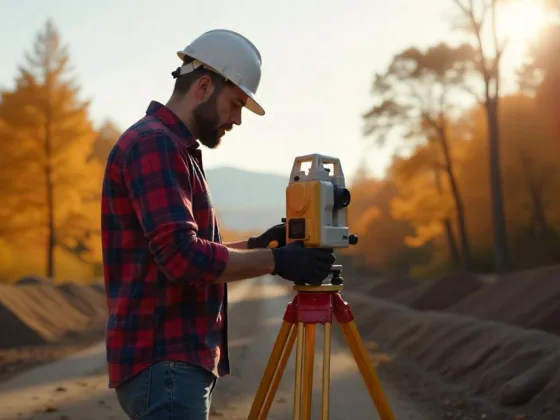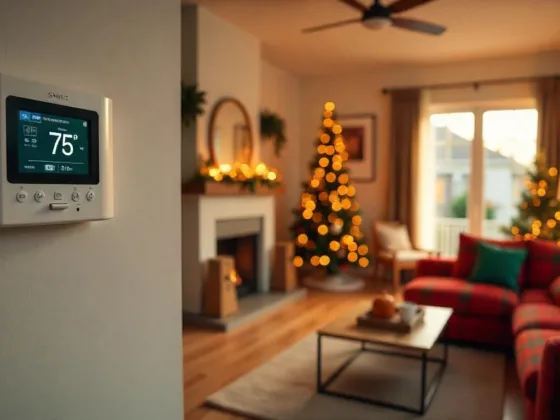Table of Contents Show
Heat pumps are trending these days in place of traditional HVAC appliances. They are efficient heating and cooling machines and cost low energy.
A heat pump is an outside unit part of a heating and cooling system. They employ a refrigerant that travels between the interior fan coil unit and the outdoor compressor to transfer heat from the air or ground.

A heat pump gathers heat from within your house and releases it outside when it is in cooling mode. The heat pump gets the heat from the outdoor air or ground and releases it indoors while heating mode.
Types of Heat Pumps
Heat pumps have two types: Air source and ground source heat pumps. When in heating mode, an air source heat pump uses the outside air as a heat source, and when in cooling mode, it utilizes the outside air as a heat sink.
Heat is transferred from the air outside your house to the air inside using air source heat pumps. The air source heat pump further has two kinds: Ducted and ductless.
The ground source heat pump is a building heating/cooling system that transfers heat to or from the ground using a heat pump. Heat is transferred between the air within your home and the earth outside with these geothermal pumps.
Issues
The Heat Pump is Running Constantly
Constantly running heat pumps can cause high energy costs. Many reasons can make this happen. Dirty coils, broken compressor contractors, dirty air filters, thermostat issues, incorrect heat pump size, and Refrigerant leaks are some of the factors that can cause this problem.
External factors like freezing weather can cause this issue too. Contacting a professional heat pump mechanic or service to fix broken compressor or refrigerant leaks is best. Faulty thermostats can be replaced easily. Dirty air filters and coils should be cleaned regularly.
Read Also:
- Breaking Down the Efficiency and Cost Savings of Franklin Electric Centrifugal Pumps
- Heat Pump vs. Furnace: Which Is the Best Way to Heat Your Home?
- All You Need to Know About Heat Pump Installation for your Home
- Winter Is Coming: Here’s 5 Heat Pump Maintenance Tips
- A Guide to the Different Types of Heat Pumps
The Heat Pump is Not Turning On
When your heat pump does not turn on at all, there can be a few issues that might cause this. Thermostat problems can happen from overused batteries or miscalibration. You can solve this by yourself.
Tripped circuits outdoors or indoors or power loss can also cause the heat pump not to turn on. Dirty registers or clogged air filters can also create issues. You can clean these yourself with clean clothes, soap, and water.
A broken or faulty starter capacitor has a particular clicking noise. This needs a professional to fix or replace it. It would be best not to fix this yourself as it has an electric charge.
The machine also may not start when the reversing valve is broken. When the heat pump works in one mode, it indicates this problem. This needs professional help to fix it.
When The Heat Pump is Not Heating
If your heat pump stops heating your home altogether, it causes serious problems. Incorrect thermostat settings or miscalibrated thermostats can cause your heat pump not to heat the air inside.
A professional can fix these thermostat problems. Dirty air filters or debris around your outside unit can also create this. Ice, leaves, or any other things can block the external units.
Regular cleaning of filters and outdoor units is vital to keep your machine running. A duct leak or refrigerant can make your heat pump not blow hot air. Heat transfer stops from this, and these need a professional check to run again.
Pungent Smells
Smells or odors can indicate many things in a heat pump. A burning smell indicates electrical wire, motor, or fuse damage. The circuit breaker must be turned off, and you should contact a professional HVAC service immediately.
There can be mold growths or animal infiltration inside your heat pump, which can cause smells. Cleaning molds is easy when the pump is not affected heavily. Otherwise, a professional is needed for deep cleaning, removal, or replacement.
Conclusion
Unusual heat pump troubleshooting problems can cause a headache for you. Some issues are easy to fix at home, but engaging professional services is wise for severe issues. Permanent heat pump damage will cost you more. So, from time to time, servicing is the best choice to maintain a heat pump well.









